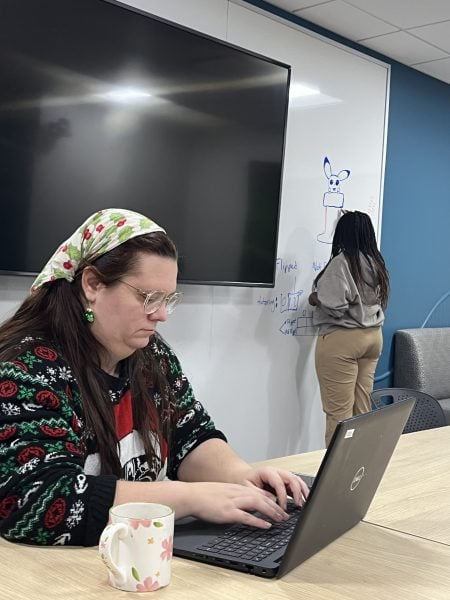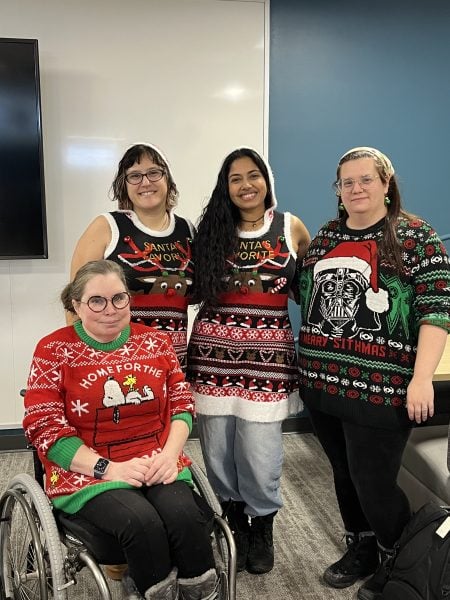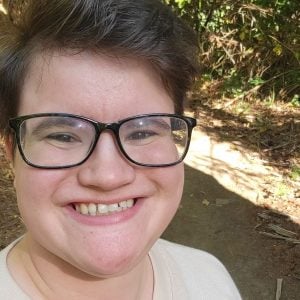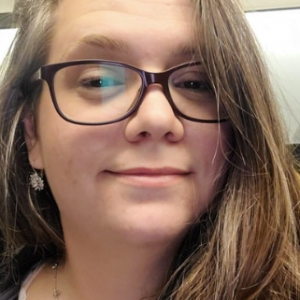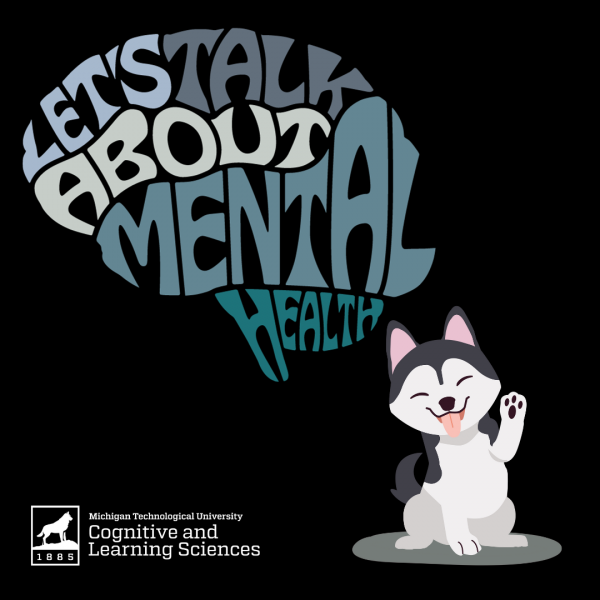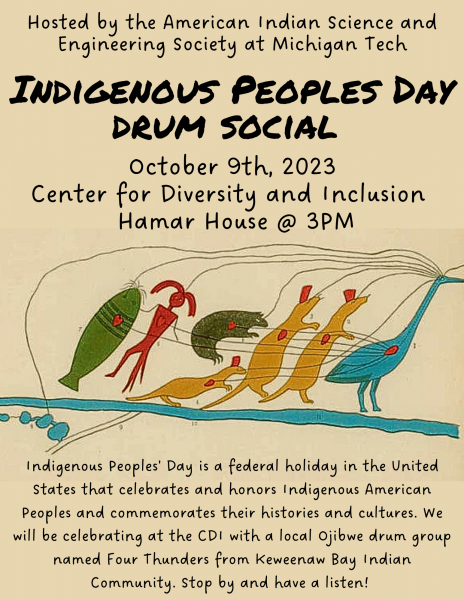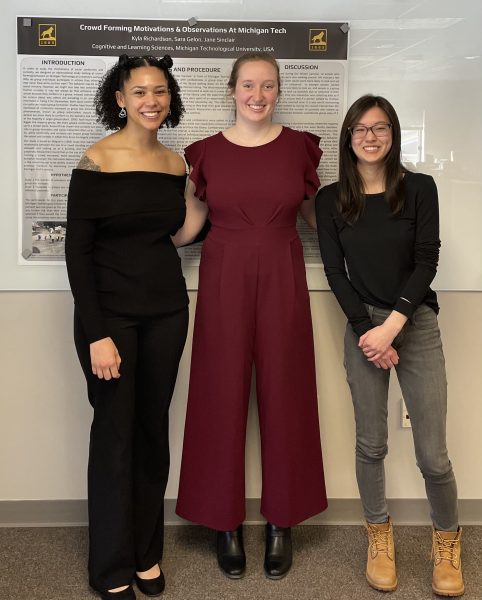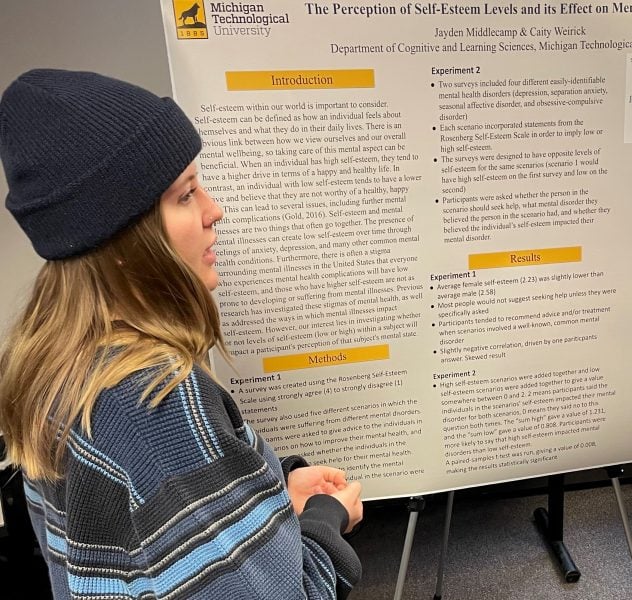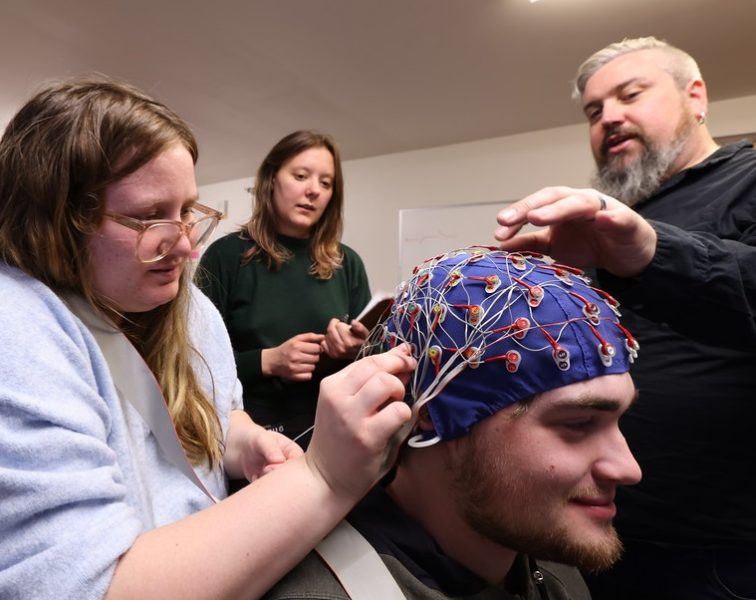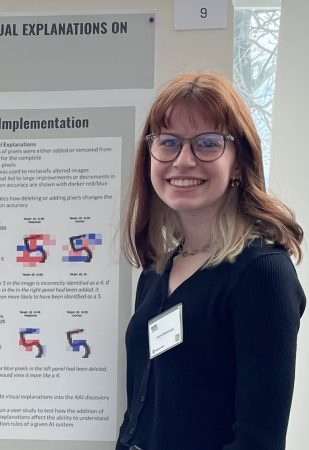Weekly Study Group
Written by Jen Shaud
Every week, our department’s graduate students gather for study groups that have become much more than just academic meetings. These sessions are where collaboration meets camaraderie, creating a supportive environment that helps everyone succeed.
The study groups serve as a vital space where students discuss classwork, share insights about their research, and workshop their writing. Whether someone is wrestling with a challenging concept from class, wrestling with stats work or looking for feedback on a draft, there’s always a fellow student ready to offer a fresh perspective or lend a helping hand.
Recently, the groups have taken on an even warmer atmosphere. Holiday carols filled the room as students balanced festive cheer with productive work on class projects. Some students dedicated their time to collaborating on grant proposals, knowing that funding their research is crucial to their academic journey. Through it all, the underlying thread remained the same: graduate students supporting graduate students.
These weekly gatherings remind us that graduate school doesn’t have to be a solitary endeavor. When we come together to share knowledge, resources, and encouragement, we all benefit. The study groups have become proof that academic success and community support go hand in hand.
